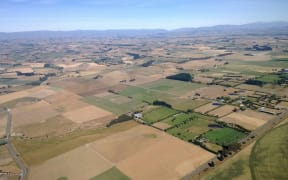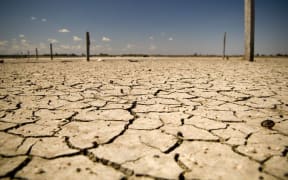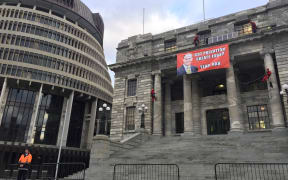The New Zealand Climate and Health Council is urging the Government to take urgent action against climate change to improve the health of Māori.
Council co-convenor Rhys Jones said Māori suffered the most in Aotearoa from its effects.
Dr Jones said doing more to tackle the problem, such as reducing greenhouse gas emissions and promoting walking and cycling instead of driving, would go a long way to reduce diseases such as cancer, heart and lung diseases.
The University of Auckland Te Kupenga Hauora Maori senior lecturer said people's attitudes towards the issue needed to change, and climate change needed to be viewed as something that affected not just the environment but people's health as well.
"Māori in particular stand to suffer most from the effects of climate change. That's partly because they tend to live in poorer areas and have worse infrastructure, so are more vulnerable to some of the effects of climate change," he said.
"So if we were to take urgent action to reduce our carbon emissions to tackle climate change, the benefits for that stand to be much greater for Māori and other vulnerable populations in New Zealand."
Dr Jones, of Ngāti Kahungunu, said the Government was not doing enough to address the issue.
Last week, Greenpeace activists scaled the roof of Parliament House in a protest against what it described as the Government's inaction over climate change.
New Zealand Climate and Health Council spokesperson Dr Alex Macmillan said New Zealand was not immune from the threats described in a recent report in the medical journal The Lancet.
She said direct and indirect climate change impacts were already being seen in New Zealand as a result of warming oceans and a rise in sea levels.
"We can expect worsening illness and injury from heat and other extreme weather, changing patterns of infection including food poisoning, loss of seafood and farming livelihoods, food price rises and mass migration from the Pacific.
"Those on low incomes, Māori, Pacific people, children and older people will be hit first and hardest, but nobody will be immune to the widespread health and social threats of unchecked climate change," she said.




